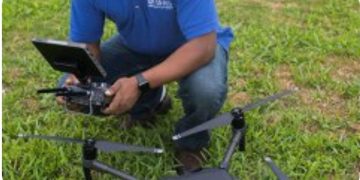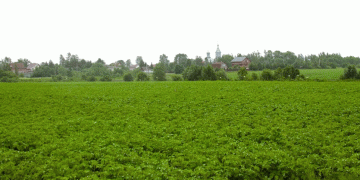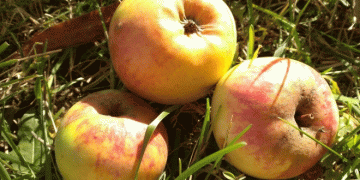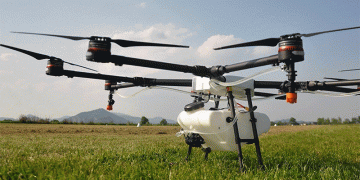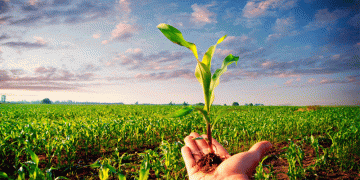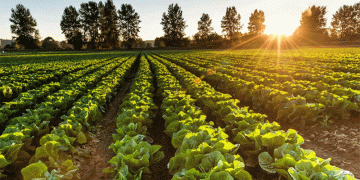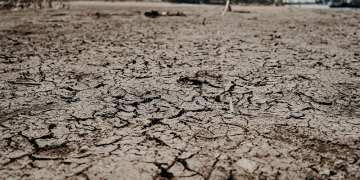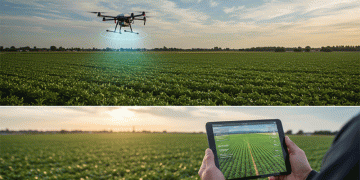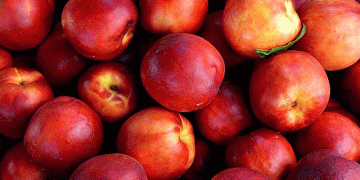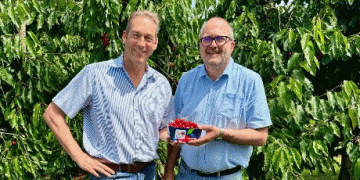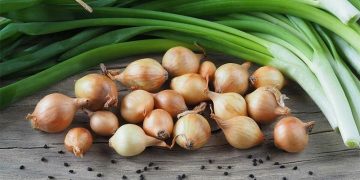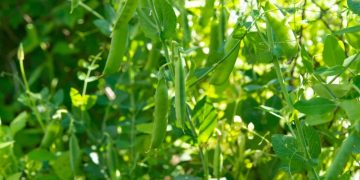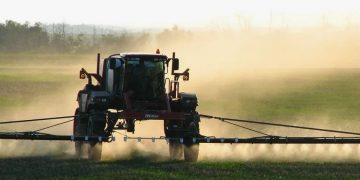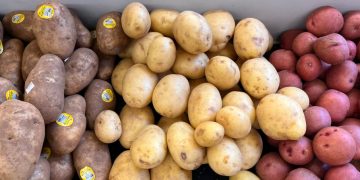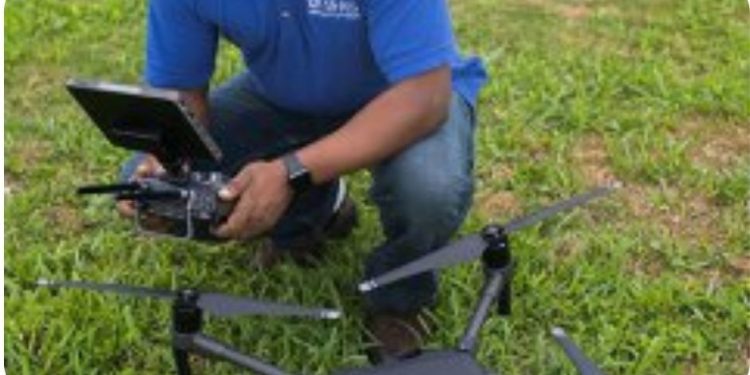The sight of sprinklers running on a rainy day is not uncommon in Florida.
The same goes for seeing landscapes scorched by the sun during one of Florida’s sweltering days when irrigation schedules were left unmodified due to expected rain.
For agriculture, the situation is more complex in that farmers depend on the science of precision irrigation to manage the crops that result in a healthy yield of the food we eat and the plants we buy.
The U.S. Department of Agriculture’s (USDA) National Institute of Food and Agriculture (NIFA) has just awarded a $374,999 grant to University of Florida’s Haimanote Bayabil, an assistant professor of agricultural and biological engineering at its Institute of Food and Agricultural Sciences (UF/IFAS) Tropical Research and Education Center (TREC) in Homestead. With that grant, he will lead a team of scientists in developing the methodology for artificial intelligence (AI) irrigation systems that estimate evapotranspiration, a main component of the water cycle that is critical in crop maintenance from agricultural fields.
“Evapotranspiration is an energy intensive process and yet a critical component of the water cycle, which up until now has not been measured,” said Bayabil. “We intend to develop a method for estimating field level actual evapotranspiration rates and crop water stress levels, based on how thirsty plants are, which would allow the implementation of precision irrigation management practices at different scales.”
The project will use field experiments, data analytics and development of AI for algorithm generating, as well as hydrologic and crop modeling, bringing the science of agriculture to the next level and in the hands of those who need it the most – growers and farmers.
Bayabil, who submitted the proposal, believes the the methodology will advance the current irrigation scheduling technologies – which are equipped with sensors and artificial intelligence by giving farmers and growers the technology needed to balance effective precision irrigation that increases crop productivity and saves water while still allowing them to serve as key stewards of improved water and environmental qualities
Calculating evapotranspiration at a field scale will provide critical information that would have a wide range of applications in weather, climate, and hydrologic modeling and water resource management, not just irrigated agriculture.
“We anticipate developing a web tool with artificial intelligence, and with the advances in infrared sensing technologies, we expect that growers will be able to collect and upload their own images to the website and get feedback,” he added.
In addition, results will also be used to fine-tune crop and climate models that can be used to guide farmers and growers with irrigation management decisions.
The field experiments will begin immediately at TREC and consist of 32 experimental plots where green beans and sweet corn will be grown, two of Florida’s most-produced commodities. The experiment will be set up to provide varying ranges of irrigation treatments with troubleshooting capabilities by remote control. A weather station will also be installed at the experimental site to monitor weather conditions and interactions that take place throughout the experience.
“Studying different irrigation treatments will allow us to understand the crops response and changes in evapotranspiration rates as a function of irrigation level,” said Bayabil.
The culmination of the project will develop a website with AI tools made available for public use. The research infrastructure established under this project will be used to easily implement more advanced and complex experiments for conducting long-term research and extension activities in precision water management for vegetable production.
“I hope that this project will have a significant and long-lasting impact on the larger efforts to develop realistic and sustainable land and water management efforts that not only conserve water and increase crop productivity but also improve water quality and ecosystem services,” said Bayabil.
Bayabil is joined by a highly specialized team of researchers located statewide including Bruce Schaffer, professor of ecophysiology of subtropical and tropical horticultural crops as co-principal investigator, and Young Gu Her, assistant professor of hydrology and agricultural engineering from TREC. Joining the team from Gainesville and Immokalee, respectively, are Gerrit Hoogenboom, professor and UF Preeminent Scholar of crop modeling, decision support systems, and food security, and Ioannis Ampatzidis, assistant professor of precision agriculture engineering from UF/IFAS Southwest Florida Research and Education Center. Additional collaboration will come from the United States Geological Survey (USGS) Earth Resources Observation and Science Center.
– Lourdes Rodriguez, University of Florida
